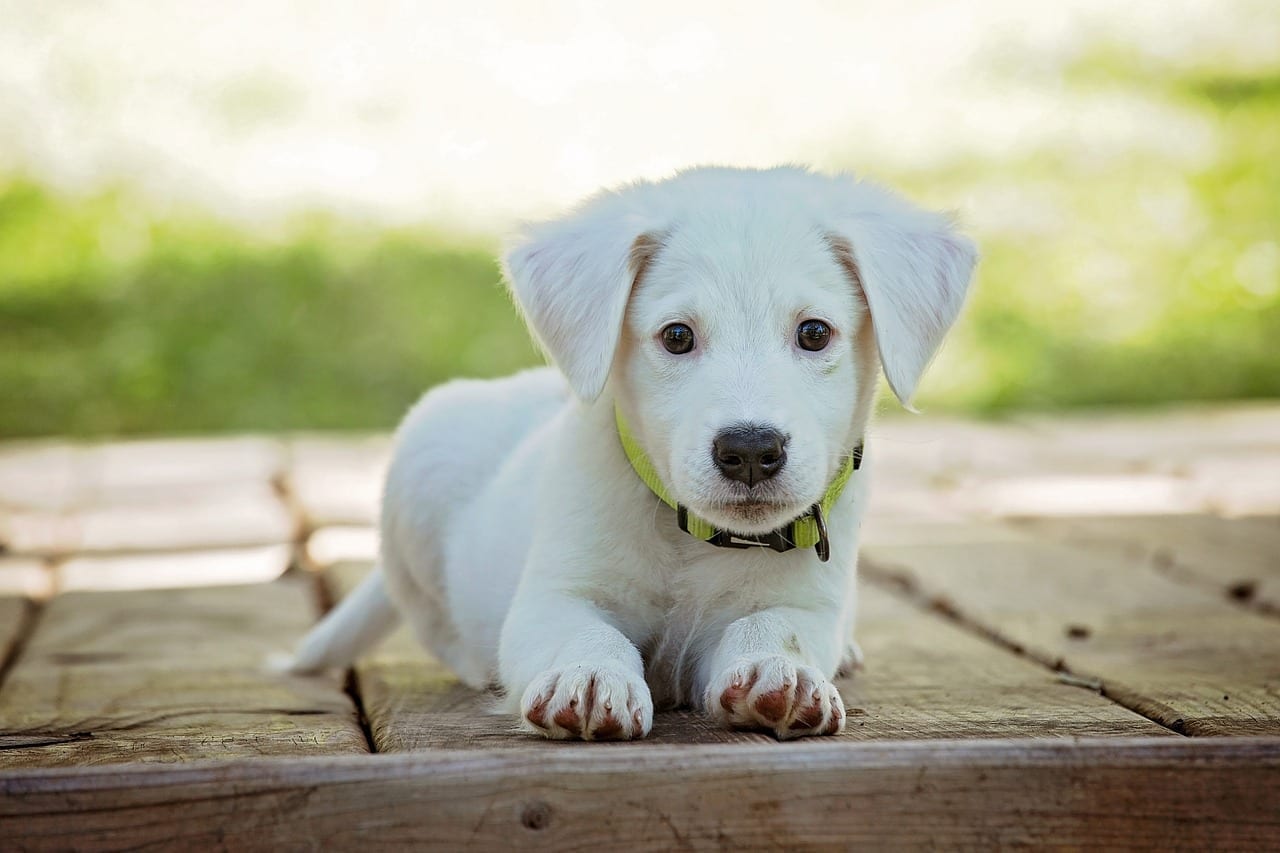Tags: Pet care and advice. Veterinarian
SENIOR DOGS
As your dog ages, there is a range of symptoms of ageing from changes in their body condition to heart and kidney diseases. Below is a list of changes and how to manage them and will be continued in further issues: Skin – calluses may appear on elbows especially of large dogs and loss of elasticity. Some changes can be a symptom of diseases such as hypothyroidism.
Hair – he may experience loss of hair or it becomes dull and grey. Keep up the grooming to stop hair from matting especially with long hair dogs. Bones and Joints – they may start to become lame and stiff which could indicate arthritis. If dogs are less active or have kidney problems this can weaken the bones. Other signs of ageing in bones and joints are degenerative changes in the spine, getting stiff on their back and having wobbly back legs. Muscle – older dog’s activity levels drop causing muscle wasting and loss of body condition. It is important to keep up the regular walks and swimming is an ideal exercise to help strengthen muscles. Dental – dogs’ eating habits may change as they get older and decrease their chewing which can create dental problems. Giving him softer raw bones such as from the chicken or lamb shanks will help or commercial chew bones are designed to help minimise the build-up of tartar.
Eyes – poor eyesight can occur due to cataracts or degeneration of the retina and cornea. Some conditions can be cured but others can’t and may lead to blindness. It is important to keep their environment safe and so they don’t hurt themselves walking around. Ears – deafness occurs due to degeneration of nerves, diseases or infections of the ear canals.
By Yvonne Bishop
FOR BETTER OR WORSE
Our domestic pets throw their lot in with us, for better or for worse. Their lives might be softer and longer for the protection we offer, but they also suffer parallel lifestyle health complaints to us for the artificial diet, exposure to chemicals, lack of exercise etc. that come with it. Many older dogs suffer from over-active adrenal glands and most older cats have an over-active thyroid gland. These conditions explain why many older dogs have recurrent gastro disturbances, while many older cats lose weight and are up at night pestering their butlers (…owners, that is) for extra food. By our sides, our pets also live long enough to develop dementia!
DR JACKIE
